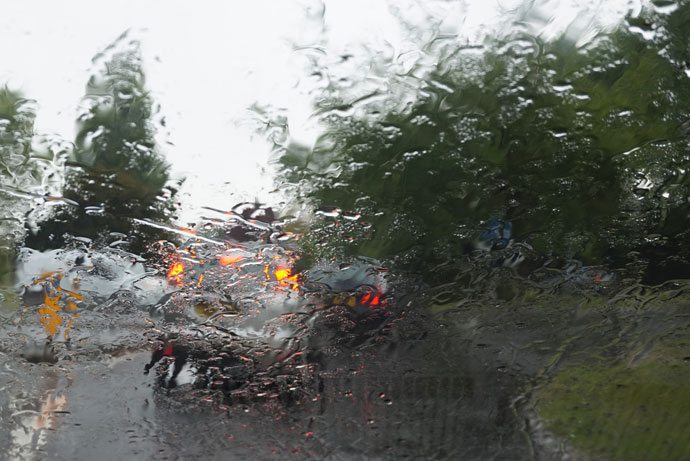
Bicycles, like washing machines, are not something that should need to be evangelised about. They are a staple of a civilised day-to-day existence.
However, when the question of why more people don’t cycle comes up in conversation, it’s amazing the excuses that are conjured. It’s too dangerous; there are no showers at my office; my commute is too far; there are too few cycle lanes; I’m not fit; and i don’t have the money to buy a new bike to name but a few. It’s little surprise that over 4 million of us commute less than three miles to work by car every day.
The concerns might be understandable if they stood up to scrutiny, but the risk of serious injury from cycling is comparable to walking, sedate cyclists don’t sweat, a 5-mile cycle commute is possible by anyone, cycling is a perfect way to ease yourself into taking gentle exercise and bikes need not be expensive.
Most of us find excuses a convenient way to avoid change. Bicycles happen to be the most efficient way for humans to travel, but it’s not cycling per se that is the ultimate goal. If those who forgo cycling did so in favour of walking, or even using a push scooter for short trips the net result would be similar; they would be fitter, happier and doing their bit for the local and global environment. Unfortunately that is not the case; we complain that roads are too busy, that parking restrictions are draconian, that we don’t have time to get to the gym, that we used to be more fit.
There is a parallel with motoring.

Car makers and the media have evangelised about electric cars for more than a century. In 1900, over one third of all cars on American roads were powered by electric motors and yet battery-powered cars today comprise a tiny proportion of the national fleet.
The excuses for why there are so few electric cars on the roads sound familiar: too expensive; too little infrastructure; too little range. For a proportion of us these reasons are valid, but for others they are a convenient way of avoiding change.
Could it be that for the car industry, drivers and society in general, the promise of affordable and practical electric cars – which have been a few years away for more than a few years – serves as a convenient excuse for not changing our relationship with cars now?
Electric cars are not something that should need to be evangelised about. In the same way that noisy arguments about segregated lanes, Lycra louts and road danger distract from the health and environmental benefits of using bicycles, many of the criticisms levelled at at electric cars distract from the fact that the way we are using cars at the moment is not working.
It’s not about electric cars per se. If we would rather forgo the quiet, green and cheap motoring promised by the electric car and instead choose the lightest, most frugal petrol or diesel-engine car and used it only when necessary, the roads would be emptier, cleaner and safer and we would be doing our bit for the local and global environment. For the most part we decide against this. Rather we complain that petrol is too expensive and that our roads are noisy and dangerous.
Society plays a significant role in determining the development and use of technology, which in turn shapes society. Cars make possible our suburbs and have become seemingly indispensable to those of us who live in these areas. Our technology is not determined by an objective measure of quality and is often deeply flawed; it meets the particular social need of a particular time and then becomes embedded in our culture.
An ethos that considers clean and sustainable transport not just desirable, but vital will spur the technology we need to make it a reality.
If we wait until a segregated cycle lane runs beside every road before we take to our bicycles or every parking space in the land is fitted with a re-charging socket before we examine what and how we drive, we are missing an opportunity to dramatically improve the way we live. Change can only start with the individual.
ETA cycle insurance
ETA cycle insurance offers a sympathetic policy on the storage of bicycles. For example, as long as a shed door is locked, the bicycles stored within do not require any further security. In addition, the policy covers stolen quick-release components and for added peace of mind, claims are handled in-house. Furthermore, bikes are never devalued, no matter their age. Hardly surprising that The Good Shopping Guide voted us Britain’s most ethical insurance company 2016.
Paul Mjnton
I used to cycle to work for many years and when I retired twenty years ago continued as an individual recreational cyclist. Some years ago there was a report locally of an experienced cyclist being killed in perfect weather conditions by a van whose driver said he had not seen the cyclist. The driver was exonerated. Sometime later at a public meeting I raised the subject of vehicles parking on the footpath. The senior police officer present said that he regarded the footpath as “part of the thoroughfare”.
I now look upon the road and footpath as a “hostile environment” and have given up cycling and wear a high visibility jacket when walking on trhe footpath although I doubt whether this affords me any significant protection.